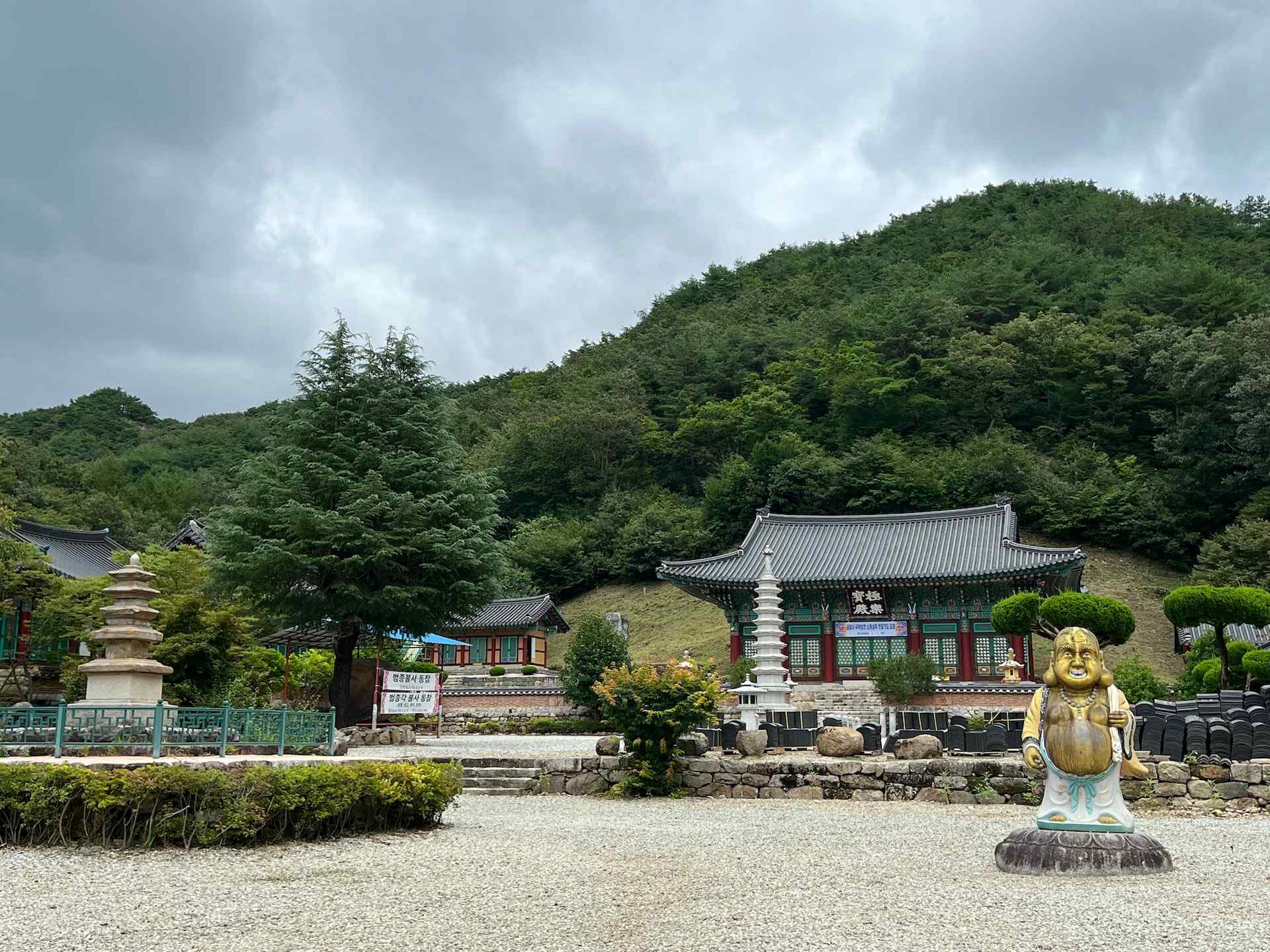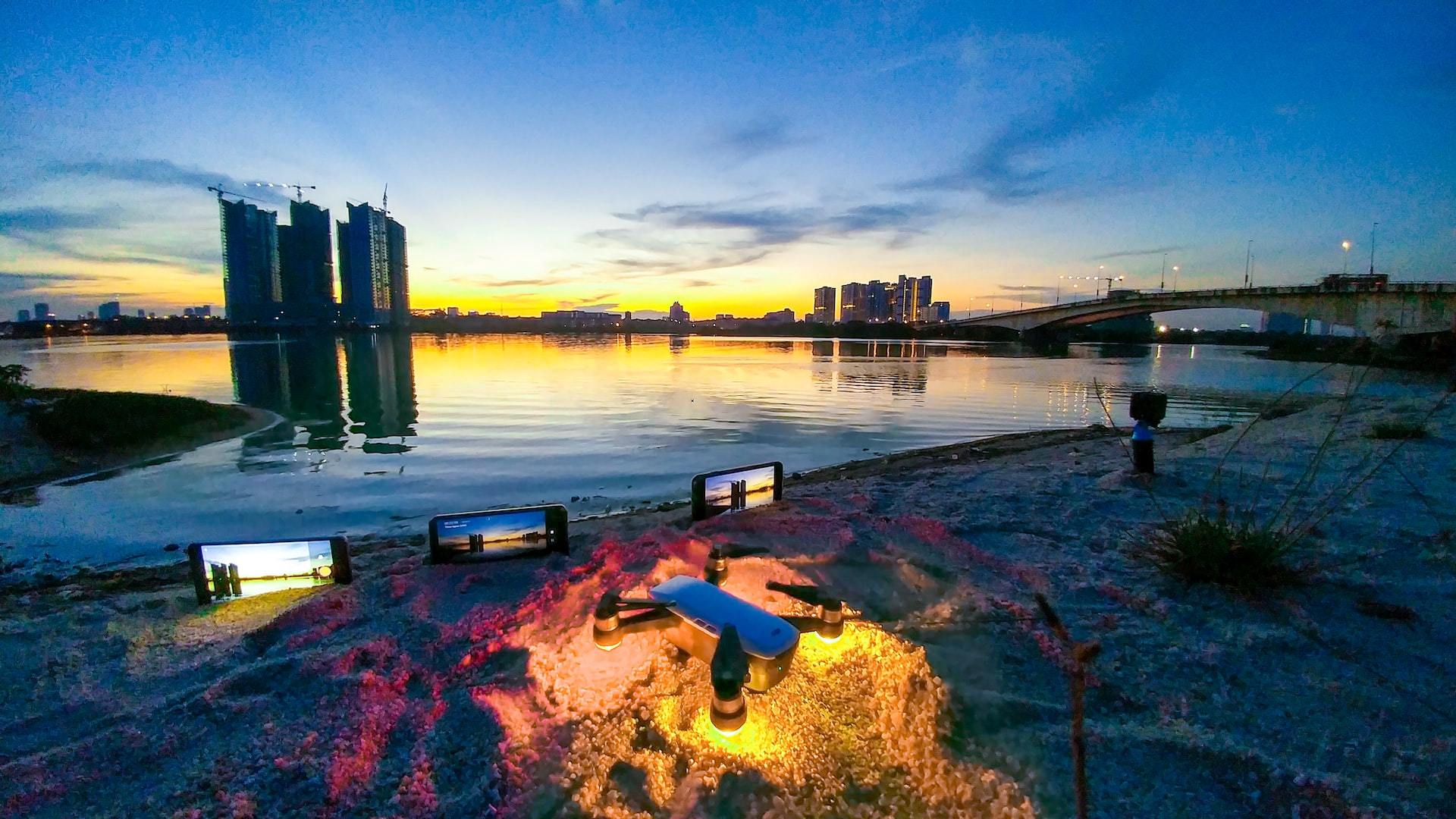Johannesburg weather is known for its hot summers and mild winters. The city, which is located in the Gauteng province of South Africa, has a subtropical highland climate, characterized by a high altitude and a relatively moderate temperature range throughout the year. The city experiences a lot of sunshine, with an average of around 8 hours of sunshine per day.
The temperatures in Johannesburg are generally warm throughout the year, with average daytime temperatures ranging from around 20°C (68°F) in the winter months to around 30°C (86°F) in the summer months. The hottest month of the year is January, when temperatures can reach as high as 38°C (100°F). The coldest month of the year is June, when temperatures can drop as low as 5°C (41°F).
The city also has a relatively low annual rainfall, with an average of around 600mm per year. The majority of the rain falls in the summer months, with the wettest month being December, when the city can receive as much as 100mm of rainfall. This relatively dry climate makes Johannesburg an ideal destination for those looking to escape the colder climates of the northern hemisphere.
| Month | Low (°C) | High (°C) | Low (°F) | High (°F) | Rain (%) |
|---|---|---|---|---|---|
| January | 20 | 38 | 68 | 100 | 10 |
| February | 20 | 37 | 68 | 99 | 8 |
| March | 18 | 34 | 64 | 93 | 6 |
| April | 15 | 31 | 59 | 88 | 4 |
| May | 10 | 26 | 50 | 79 | 2 |
| June | 5 | 20 | 41 | 68 | 1 |
| July | 5 | 20 | 41 | 68 | 1 |
| August | 6 | 22 | 43 | 72 | 2 |
| September | 8 | 24 | 46 | 75 | 3 |
| October | 11 | 28 | 52 | 82 | 4 |
| November | 14 | 32 | 57 | 90 | 5 |
| December | 17 | 34 | 63 | 93 | 10 |
When it comes to deciding on the best time to visit Johannesburg, it ultimately depends on what you are looking for in your trip. If you are looking to escape the cold of the northern hemisphere, then the summer months of December to February may be the best time for you. The warm temperatures and long days make it perfect for outdoor activities and exploring the city.
However, if you are looking for a more comfortable temperature and lower humidity, then the winter months of May to August may be the best time for you. The temperatures are mild and the city experiences less rainfall, making it perfect for exploring the city and its many cultural and historical attractions.
Another factor to consider when planning your trip is the crowds. Johannesburg is a popular destination, and the summer months tend to be the busiest time of the year. If you are looking to avoid the crowds, then the winter months may be the best time for you to visit.
Additionally, if you are looking to take advantage of the city’s many outdoor activities, such as hiking, rock climbing, and mountain biking, then the winter months may be the best time for you to visit. The milder temperatures and lower humidity make for more comfortable outdoor activities.
Overall, Johannesburg weather offers a great climate all year round, but the best time to visit depends on your personal preferences and what you are looking for in your trip. Whether you are looking to escape the cold, avoid the crowds, or take advantage of the city’s many outdoor activities, there is a perfect time for you to visit Johannesburg.
And the last but not least, it’s important to note that Johannesburg is situated in a high altitude, which can cause altitude sickness, therefore it’s recommended to take it easy for the first couple of days and drink plenty of water to avoid dehydration.
To sum it up, Johannesburg weather is known for its warm summers and mild winters, which make it an ideal destination for those looking to escape the colder climates of the northern hemisphere. The city has a subtropical highland climate, characterized by a high altitude and a relatively moderate temperature range throughout the year. The best time to visit Johannesburg depends on what you are looking for in your trip, whether it’s to escape the cold, avoid the crowds, or take advantage of the city’s many outdoor activities.



